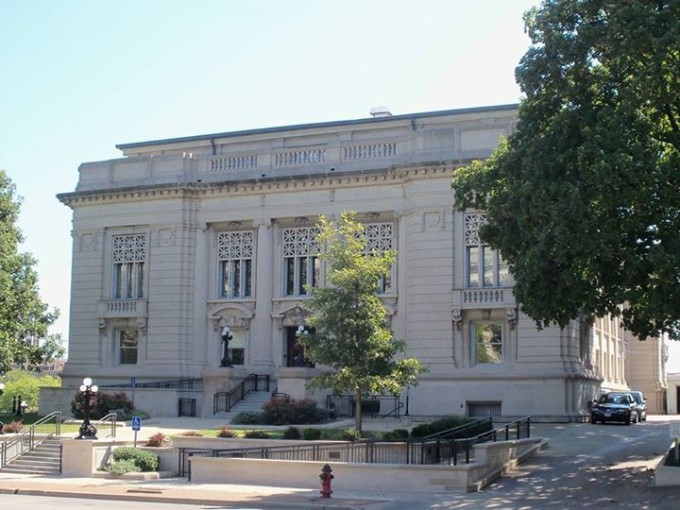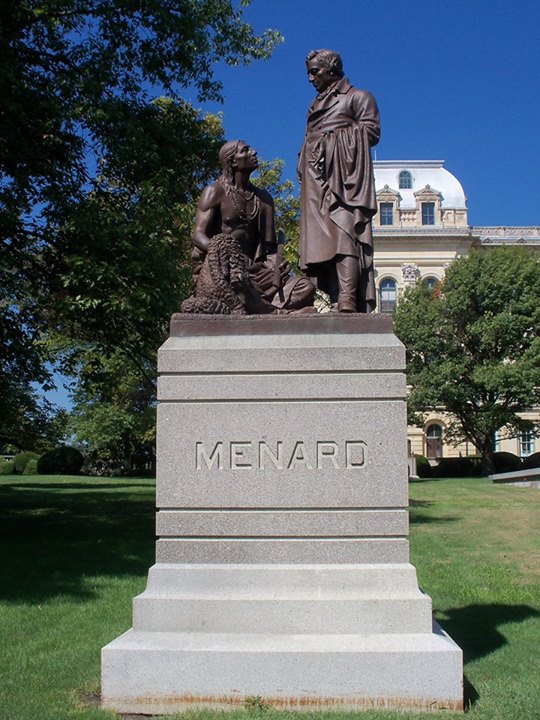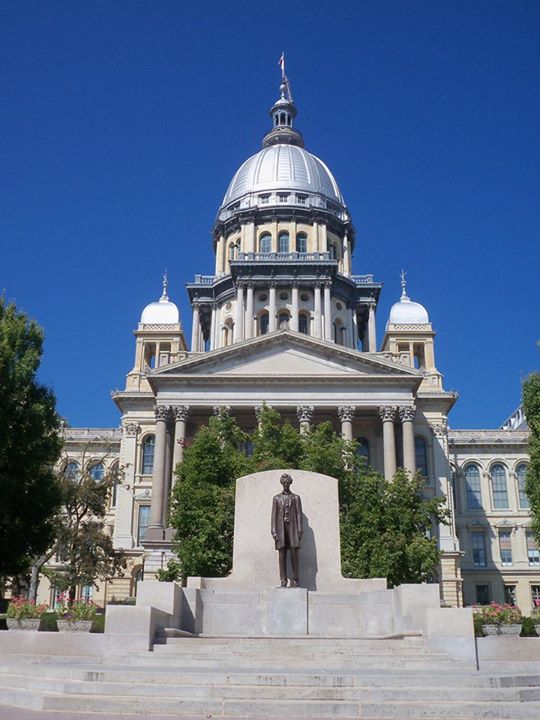
Saturday, 7 March 2015
But if there is no resurrection of the dead, then Christ is not risen. 1 Corinthians 15:13
“But” is given as a contrast to what was just said, “Now if Christ is preached that He has been raised from the dead, how do some among you say that there is no resurrection of the dead?” Those in the church who denied a literal resurrection of the body had not thought through their faith very well. If there is no such thing as a literal resurrection, then it must logically follow that Christ didn’t literally resurrect either. If He did, and we move to Him as our Head by faith, then we are “in” Him and we will naturally resurrect when the fullness of time comes for that to occur.
Also implied in this verse is that the Apostles, and all of the others noted as having seen the resurrected Christ, are either liars or delusional. Paul said that “Christ is preached that He has been raised from the dead.” This is based on the eyewitness testimony of that noted list given in verses 5-8. However, “if there is no resurrection” then the testimony that Christ resurrected is false. If it is false, then what on earth are people doing in church?
The resurrection is wholly and inextricably tied to the sinless death of Christ. If there was no sinless death, then there was no resurrection. If there was a resurrection, then there must have been a sinless death. One cannot have one without the other. If one is false, they are both false. If both are false, then there is no gospel and there is no true church. “Let us eat and drink, for tomorrow we die!”
Life application: Don’t let people cause your faith to be diminished by fine sounding arguments. The doctrines of the Bible are perfectly revealed in the Bible and show a perfect plan given by the perfect Creator. If you have a doubt about one of the primary doctrines of the faith, then research it while praying for God to lead you to competent scholars with knowledgeable commentaries on the issue you are struggling with.
Lord God, the Bible tells me that Christ the Man died in sinless perfection. As the wages of sin is death, then I can logically see that He must also have resurrected, because He had no sin of His own. If He resurrected, it was as a Man with a body, not just as a spirit-being. If this is true, then I know I will resurrect with an eternal body as well. I have moved from Adam to Christ through Your gracious Gift of love. No fear here! I shall walk forever in Your presence. Hallelujah to the Lamb of God! Amen.




